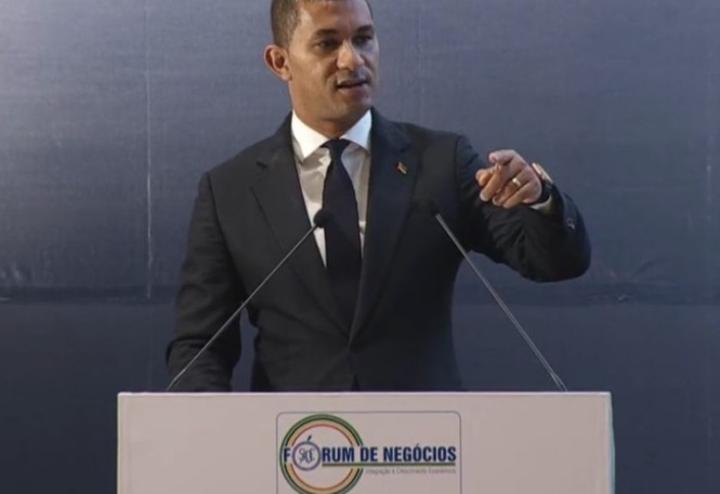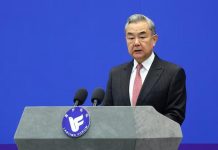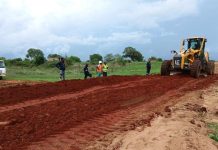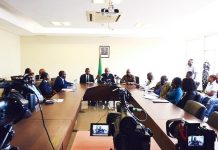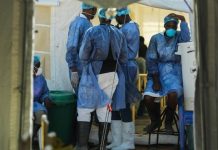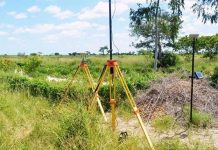Africa-Press – Mozambique. Minister of Agriculture and Rural Development, Celso Correia, challenged the private sector to help increase the number of small and medium enterprises (SMEs) in the sector he oversees.
“Mozambique will need 10,000 new small and medium enterprises to make a difference (in the agricultural sector) in the next 10 years,” the minister told the Business Forum of the Southern African Development Community ( SADC), while criticising the region’s commercial banks with the words: “The financial system which should sustain our economy remains estranged from the agricultural sector.”
Keynote speaker at the panel on agribusiness and regional value chains, Minister Correia said that Mozambique “[does] not yet have a private sector in agriculture”, and he therefore does not agree that “we have to wait for market forces to act to make SMEs appear. By contrast, “We have to be able to identify talent, transfer knowledge and follow up for at least five years”.
“It is proven that small and medium-size agricultural companies act as a trigger in the value chain. It would be very difficult to take someone out of the comfort of this room to go to the countryside; more easy would be to find a pre-existing production network which can stock and supply products in the value chain,” Minister Correia said.
This is why the minister launched his challenge: “Mozambique will need 10,000 new small and medium enterprises to make a difference (in the agricultural sector) over the next 10 years.”
Celso Correia detailed to the audience of national and regional entrepreneurs what kind of SMEs were needed to end food imports in the SADC.
“We, in Mozambique, call them PACEs, as in Pequeno Agricultor Comercial Emergentes [Emerging Small Commercial Farmers], because this farmer still doesn’t have registration, doesn’t have access to financing, doesn’t have access to the market. The road that connects his unit to the market is deficient, but around him he has more than 200 small producers, and he has his production area. He can very easily create a small business unit, and that’s what we’re trying to achieve.”
Celso Correia also explained that the number, 10,000 SMEs, arises because “on average, each of these companies invoices between US$100,000 and US$1 million per year, with 50 to 100 hectares. If we get 10,000, we are talking about growth of around US$10 billion. As to jobs, they generate around two to three per hectare. In terms of the integration of family farming – which is the matrix of our productive base – each of them can directly assist 200 families, so we are talking about two million, in the case of Mozambique, who would benefit from these value chains”.
A former banker himself, Correia criticised the commercial banks of the Southern Africa region. “We have become aware that the financial system that should support our economy remains estranged from the agriculture sector. I, as Minister of Agriculture and a former member of this financial system, cannot criticise too much, but I often say that our financial system in the region lives in the future, but in the present it is still absent from the greatest concerns of the majority of the people. It is not fair to place this responsibility only on the financial sector, but when we look at the indicators, in the case of Mozambique, only 0.6 % [of the sector] has access to credit. In the region, we do not have accurate statistics, but the numbers are not far from this.”
“So we have a financial sector oriented towards consumption, services and even industrialisation, for obvious reasons, but the development logic, in particular of the agrarian sector, must be deeply reflected upon,” the minister said.
A pragmatist, Celso Correia acknowledged that there are no magic solutions to increasing credit to agriculture. “As long as the financial sector does not feel the benefits, but at the same time is obliged to start moving to the real country or to the real economy, that is, agriculture, we will continue having a financial sector that mostly takes the people’s savings and buys treasury bills and lends to half a dozen people. This model is not sustainable, and this problem is not one of agriculture; it is of the development model that each nation chooses,” Correia said.
By
Aunício da Silva

